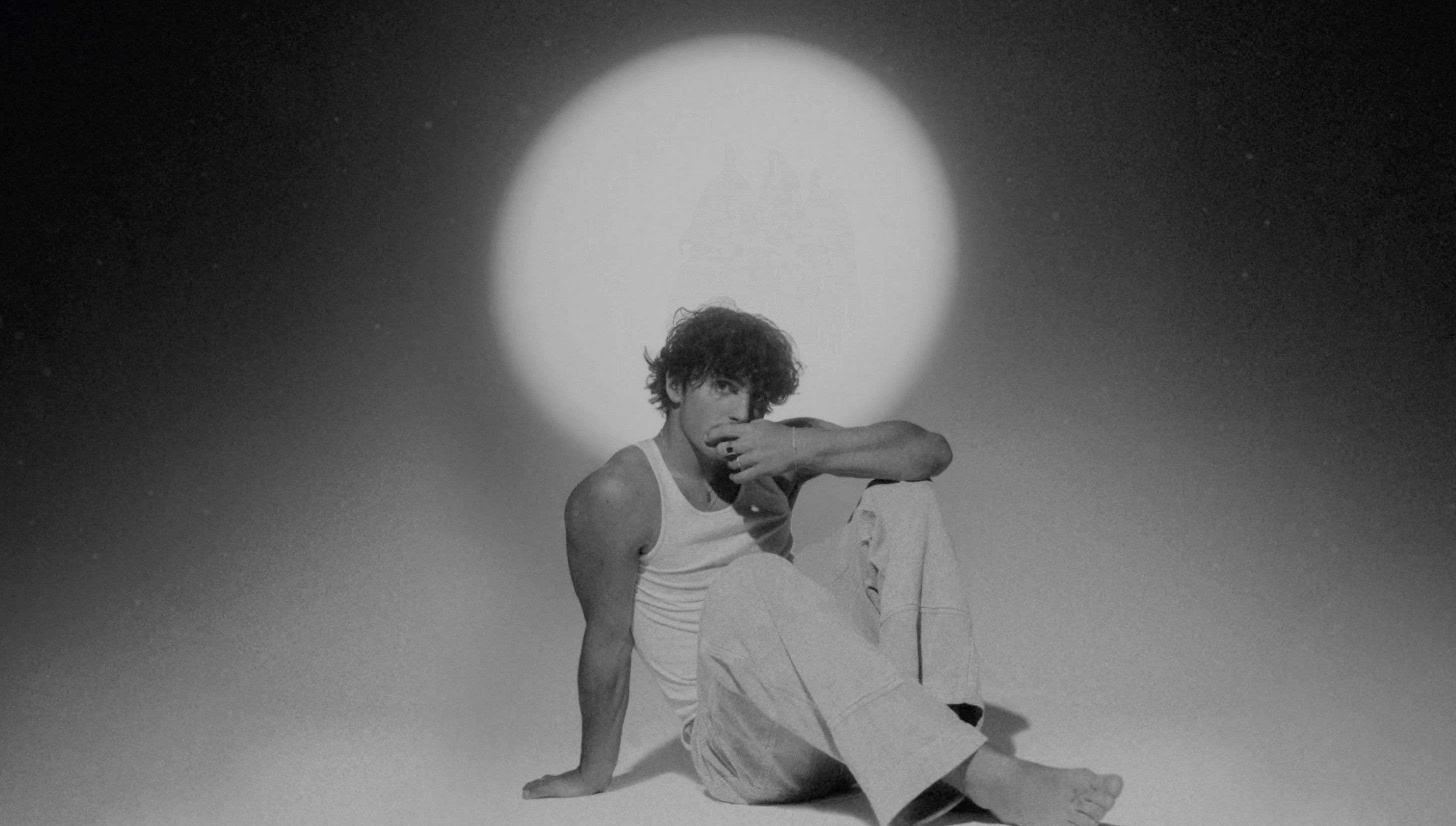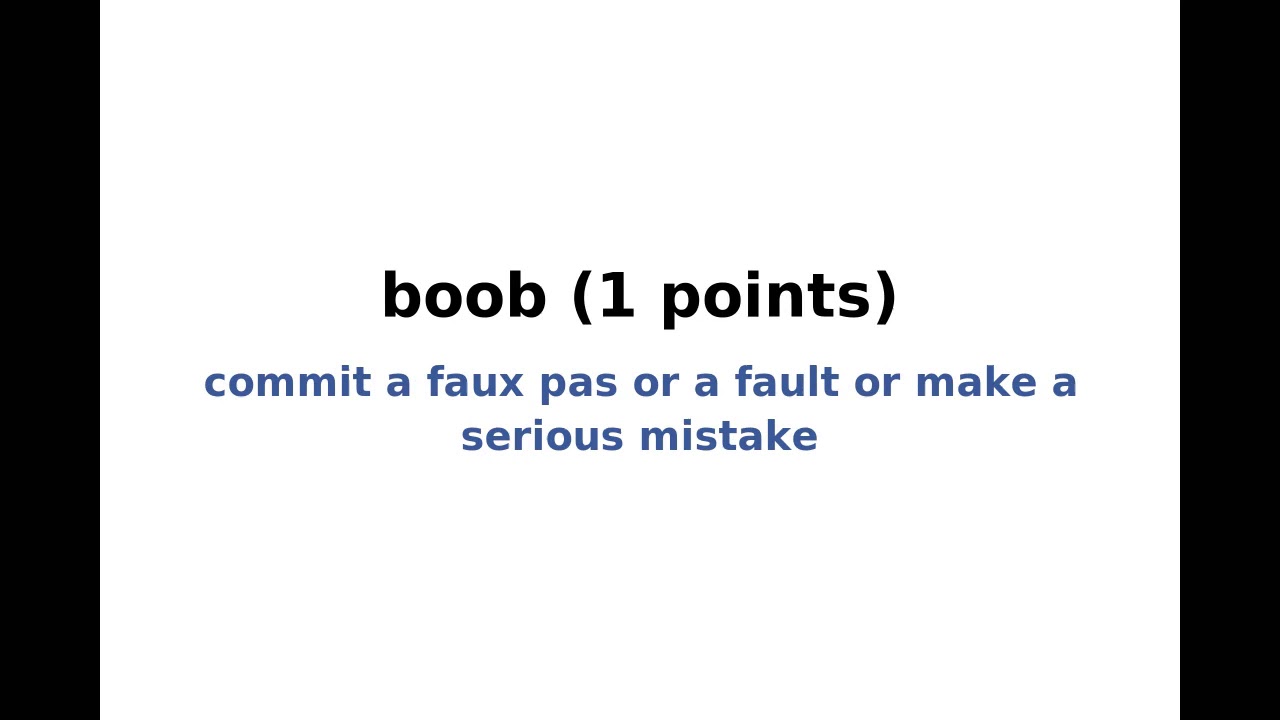Newsom's Criticism Of Judgmental Democrats Sparks Debate

Table of Contents
Newsom's Critique: The Specifics of His Criticism
Newsom's critique wasn't a blanket condemnation of all Democrats, but rather a targeted call for a more inclusive and less judgmental approach to political discourse. While the exact phrasing varied across different interviews and speeches, the core message remained consistent. He argued that an overly critical and divisive approach alienates potential allies and hinders the party's ability to achieve its goals.
- Examples of "judgmental" behavior: Newsom pointed to instances where internal disagreements within the party devolved into personal attacks and public shaming, often amplified by social media. He cited examples of disagreements over policy approaches, particularly on issues like climate change and economic inequality, where internal criticism became overly harsh and unproductive.
- Context of the comments: Newsom's comments weren't made in a single speech but were woven into various interviews and public appearances over several weeks, suggesting a deliberate and considered effort to address this concern. He often framed his remarks within the larger context of the need for unity and effective messaging ahead of crucial elections.
- Newsom's suggested alternative: Newsom advocated for a more collaborative and empathetic approach, emphasizing the need for internal dialogue and finding common ground on key policy objectives. He stressed the importance of focusing on shared goals rather than internal disagreements that could fracture the party.
Reactions and Responses: How Did the Party Respond?
Newsom's criticism of judgmental Democrats elicited a wide spectrum of responses within the party. The reaction wasn’t monolithic; it highlighted existing fault lines and ideological differences within the Democratic coalition.
- Support for Newsom's position: Many within the party agreed with Newsom's assessment, arguing that internal divisions weaken their ability to effectively challenge the Republican Party. They emphasized the need for a united front to address pressing issues like climate change and healthcare reform. Some saw his comments as a necessary wake-up call for the party.
- Criticism of Newsom's stance: Others criticized Newsom for his comments, arguing that he was downplaying important policy disagreements and potentially silencing dissenting voices. Some saw his call for unity as an attempt to stifle progressive voices and maintain the status quo.
- Reactions from prominent Democratic figures: The response from prominent Democratic figures was varied. Some publicly supported Newsom's call for unity, while others offered more nuanced perspectives, acknowledging the need for both internal debate and a unified message.
- Media coverage and portrayal: The media coverage of Newsom's comments has been extensive, often highlighting the internal divisions within the Democratic Party. The portrayal of the debate varied across different news outlets, reflecting the broader political polarization within the United States.
Implications for the Democratic Party: Long-Term Effects
Newsom's criticism of judgmental Democrats carries significant implications for the party's long-term prospects. The debate highlights vulnerabilities and potential challenges ahead.
- Impact on party unity: The internal conflict could significantly impact party unity leading up to crucial upcoming elections, potentially hindering fundraising efforts and voter mobilization.
- Shifts in the party's messaging: The debate might lead to a reassessment of the party's messaging and political strategy, potentially resulting in a more moderate or less confrontational approach.
- Implications for the progressive movement: The discussion raises questions about the broader progressive movement and its internal dynamics, highlighting the need for internal dialogue and compromise.
- Influence on future candidates: Newsom's comments might influence how future Democratic candidates approach internal disagreements and navigate the complexities of intra-party debate.
The Broader Context: Political Polarization and the Role of the Media
Newsom's criticism should be viewed within the broader context of increasing political polarization in the United States. The internal conflict within the Democratic Party mirrors the larger divisions across the political spectrum.
- Role of social media: Social media plays a significant role in amplifying divisions, allowing internal disagreements to escalate quickly and easily spread misinformation.
- Influence of partisan media: Partisan media outlets further exacerbate the divisions by selectively highlighting specific aspects of the debate, often reinforcing pre-existing biases.
- Importance of internal party dialogue: The debate underscores the vital importance of open and constructive internal party dialogue for effective governance. Healthy internal debate can lead to stronger policies and a more cohesive political strategy.
Conclusion: Newsom's Criticism and the Future of the Democratic Party
Newsom's criticism of judgmental Democrats has sparked a significant debate within the Democratic Party, revealing deep divisions and raising serious questions about the party's future direction. The reactions have been diverse, ranging from strong support to sharp criticism, highlighting the complex internal dynamics within the party. The long-term impact of this internal conflict remains to be seen, but its significance cannot be overstated. It's a crucial moment of introspection for the party, forcing a necessary examination of its messaging, internal dynamics, and approach to political discourse.
What are your thoughts on Newsom's criticism of judgmental Democrats? Share your opinion in the comments below and join the conversation about the future of the Democratic Party. Engage with this important issue and contribute to the ongoing debate surrounding Newsom’s criticism of judgmental Democrats.

Featured Posts
-
 Chelsea Handler And Ralph Fiennes Just Friends A Look At Their Relationship
Apr 26, 2025
Chelsea Handler And Ralph Fiennes Just Friends A Look At Their Relationship
Apr 26, 2025 -
 Lentetaal Je Spring In De Lente
Apr 26, 2025
Lentetaal Je Spring In De Lente
Apr 26, 2025 -
 A Ascensao Meteorica De Benson Boone Do Sucesso Viral Ao Lollapalooza
Apr 26, 2025
A Ascensao Meteorica De Benson Boone Do Sucesso Viral Ao Lollapalooza
Apr 26, 2025 -
 Nyt Spelling Bee February 26th 360 Hints Answers And Strategies
Apr 26, 2025
Nyt Spelling Bee February 26th 360 Hints Answers And Strategies
Apr 26, 2025 -
 Verret Completes Delivery Of Mv Callaway Parker To Ptc
Apr 26, 2025
Verret Completes Delivery Of Mv Callaway Parker To Ptc
Apr 26, 2025
